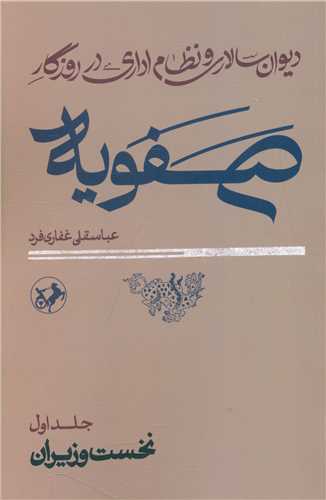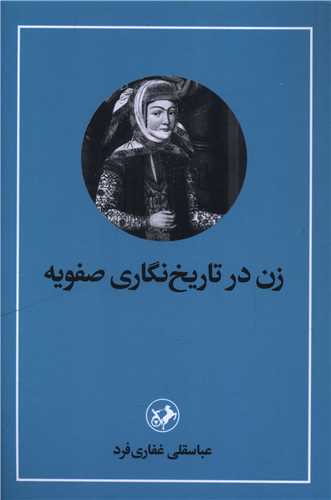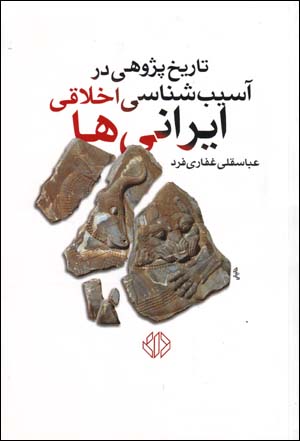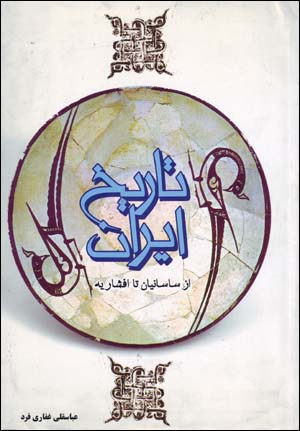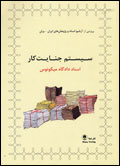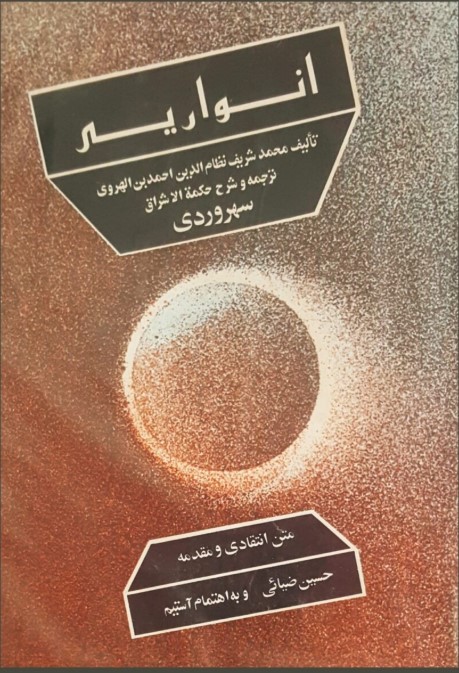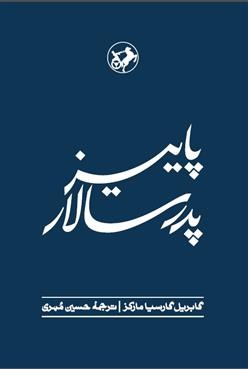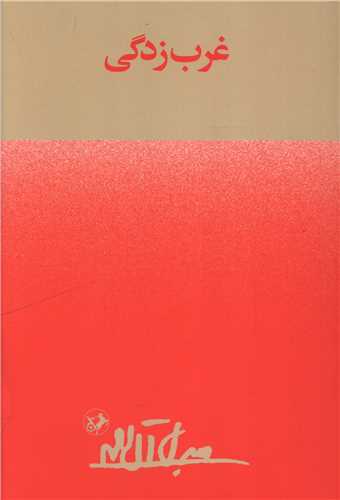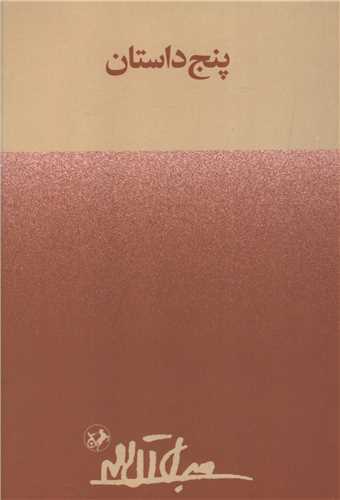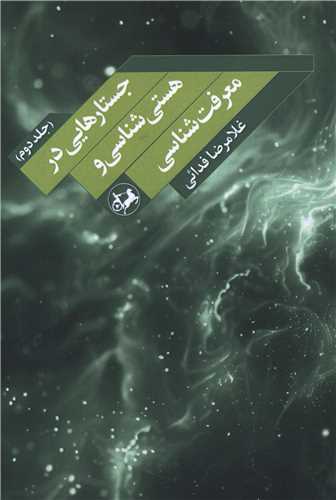Dīvān'sālārī va Niẓām-i Idārī dar Ruzigār-i Ṣafavīyah (2 Jildī): Persian 1402
دیوانسالاری و نظام اداری در روزگار صفویه (2 جلدی)
14.04 £
Share
Wishlist
The dominant methods of historiography in Iran, such as king-centeredness, individualism, ignoring historical sociology, overshadowing the psychology of great historical figures, disregarding the why and how (philosophy) of history, the dominance of the report (narrative) method, the severe lack of local, thematic, and specific histories, and the like, make it necessary to revise Iranian historiography. One of the important reasons for this revision is the history of the Safavids in the administrative, social, cultural, military, and educational fields of justice, embassies, and courts, which, except for a few insignificant examples, are often not examined in a separate framework in the form of travelogues and no serious research has been conducted on them; for example, in administrative affairs, we can mention the Ministry of Chancellery, Ensha, Istifa, and Ehtsab of the State House, and in military affairs, we can mention the Ghorchi Sepahsalar, Amir al-Amra, Beig Sultan, Khan, and Darogha. In rewriting these areas, I first wrote a book titled Safavid History Culture, and then I wrote this book, which I believe was necessary to analyze Safavid society and the role of prime ministers in the administration of the dynasty and the strategy of the country's affairs. In this book, the perspective of the ministry in Iran from the beginning to the time of the aforementioned dynasty, and the ministry and ministers of the Safavid kings from the time of Shah Ismail I to the removal of Shah Sultan Hussein, is examined, focusing on their lives and work.
more
شیوه های غالب تاریخ نگاری در ایران مانند شاه محوری، فردگرایی، نادیده انگاشتن جامعه شناسی تاریخی، در سایه قرار دادن روان شناسی شخصیت های بزرگ تاریخی، بی اعتنایی به چرایی و چگونگی (فلسفه) تاریخ، غلبه شیوۀ گزارشی (روایی) کمبود شدید تاریخ های محلی و موضوعی و خاص ونظایر این، بازنگری در تاریخ نگاری ایران را ناگزیر می کند. یکی از دلایل مهم این بازنگری، به تاریخ صفویه در زمینه های اداری ،اجتماعی ،فرهنگی ،نظامی ،آموزشی دادگستری سفارت ها و دیوان ها بر می گردد که جز چند نمونه ناچیز آن هم اغلب به شکل سفرنامه نویسی در چهارچوبی جداگانه بررسی نشده و پژوهش های بایا درباره آنها انجام نگرفته است؛ مثلاً در امور اداری می شود به وزارت صدارت، انشا، استیفا ،احتساب دولت خانه و در امور نظامی به قورچی سپهسالار، امیر الامرا، بیگ سلطان، خان و داروغه اشاره کرد. من در بازنویسی این زمینه ها، در گام نخست، به نوشتن کتابی با عنوان فرهنگ تاریخ صفویه پرداختم و در گام بعدی، همین کتاب را نوشتم که به گمانم برای واکاوی جامعه صفویه و سهم نخست وزیران در ادارۀ حکومت این سلسله و راهبرد امور کشور ضرورت داشت. در کتاب حاضر دورنمای وزارت در ایران از آغاز تا روزگار سلسله نامبرده و وزارت و وزیران شاهان صفوی از روزگارشاه اسماعیل اول تا برکناری شاه سلطان حسین با تکیه بر زندگانی و کارکردشان بررسی شده است.
more

